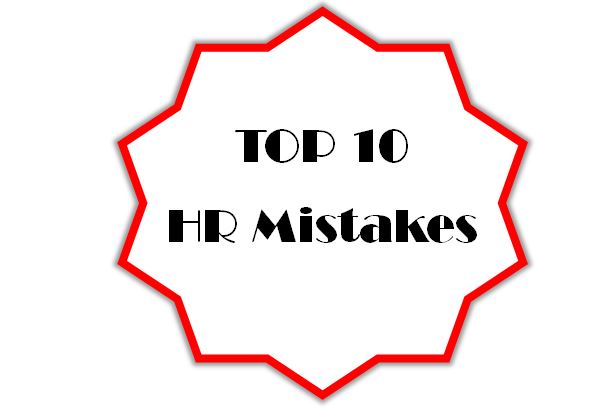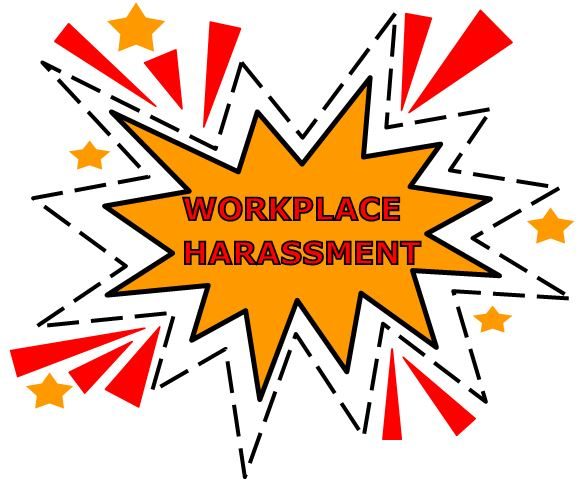
Top 10 HR Mistakes
April 22, 2019
No Match Letters
May 28, 2019Although the media frenzy over sexual harassment complaints seems to have calmed recently, business owners still need to review and update workplace policies to ensure that they are protecting their employees, their company and themselves from behavior that can damage a company’s reputation and productivity.
First, it is important to understand what constitutes sexual harassment – it is repeated behavior of a sexual nature that is offensive to the person who is subjected to the behavior against their will, usually in the workplace or another environment where the alleged harasser has some power over the person subjected to the offensive behavior.
“Behavior of a sexual nature” includes inappropriate jokes or comments. A single occurrence of intentionally touching “private” areas of the body or making demands for sexual favors is generally offensive enough to be considered sexual harassment by itself.
In order to have an “affirmative defense” against allegations of sexual harassment, business owners need to take the following actions:
- Clearly and consistently explain to employees what is and is not appropriate workplace behavior when interacting with co-workers, customers and vendors. This is usually done in an employee handbook and includes consequences (disciplinary action up to and including termination of employment) for failing to comply with these guidelines.
- The employee handbook should also clearly explain how to report a complaint about inappropriate behavior, how the complaint will be investigated and guarantee protection from retaliation. Having a written anti-harassment policy is the first line of defense for employers when allegations of sexual harassment result in legal action.
- Everyone in the company needs to be trained on the differences between harassment, discrimination and bullying – all of which have a negative impact on productivity, the company’s ability to hire and retain good employees, and its’ community reputation.
- Business owners, managers and supervisors must lead by example. Their behavior sets the tone for workplace culture and how employees behave on the job. Inappropriate comments, jokes or touching may create an environment where that type of behavior is considered the “norm” – until someone makes a formal complaint.
- Business owners, managers and supervisors also need to address inappropriate behavior when it occurs. Failure to counsel an employee about inappropriate behavior may give the impression it is acceptable.
- Documentation of performance issues is critical to prove that employment decisions, including termination, are not retaliation for failure to comply with sexual demands or for reporting harassment.
- Although sexual harassment complaints have been more prevalent in the past few years, It is important in today’s business climate for anti-harassment and anti-discrimination policies and training to also address other protected characteristics such as race, ethnicity, religion and age.
An HR professional can help you with all of your human resources needs, from hiring the right employees, running background checks, creating employee handbooks that include anti-harassment policies and procedures, managing employee performance, staying legally compliant, automating employee records, and anything else you need to create an environment where employees can provide the services that you need to run your business.


